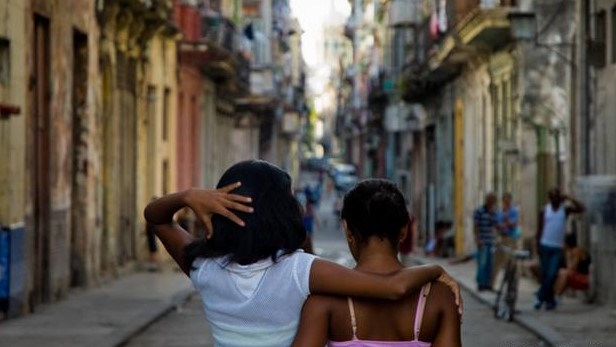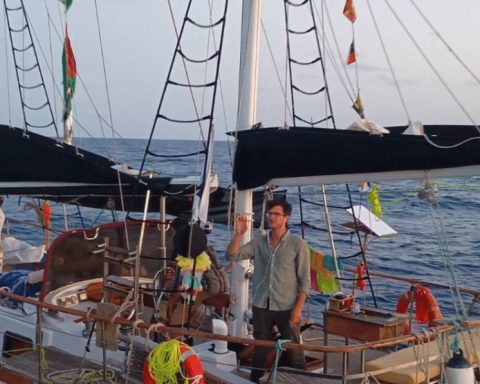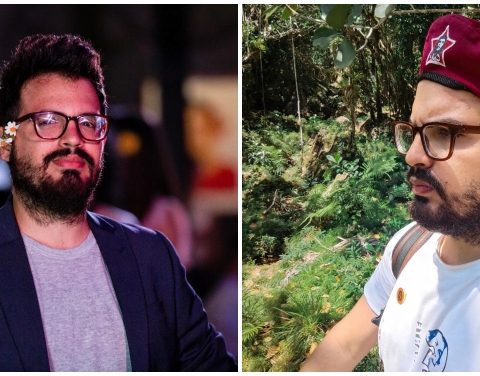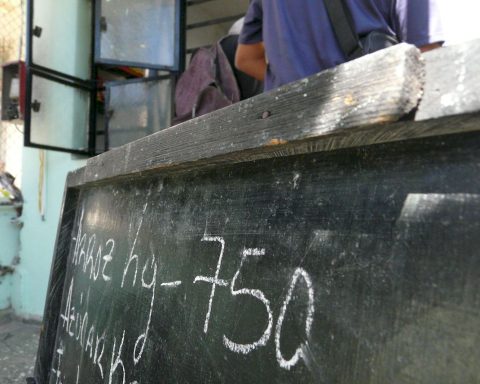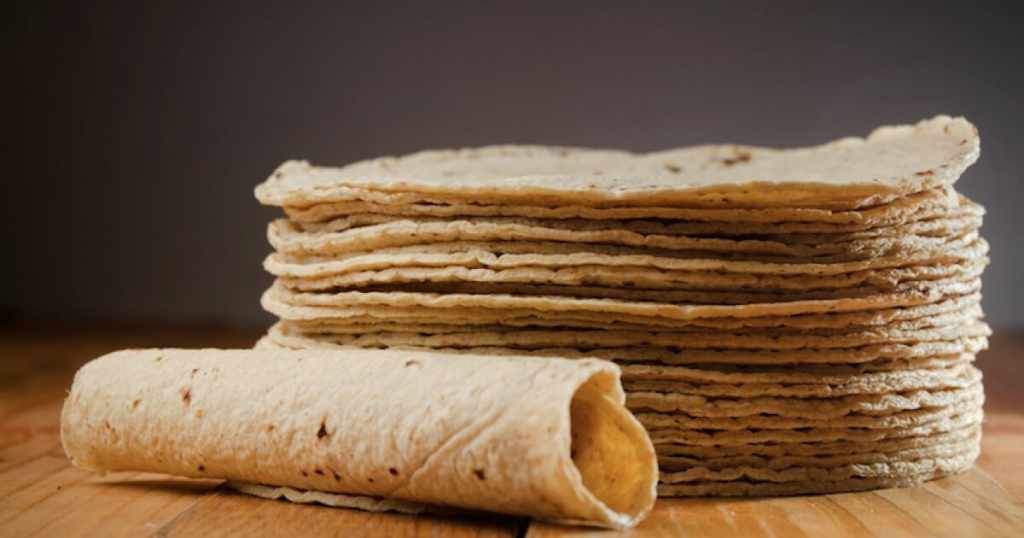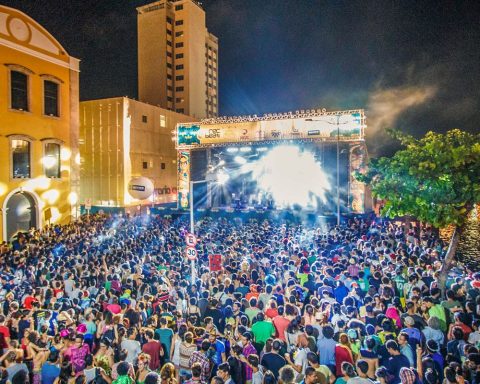MIAMI, United States.- From the West Guatao Women’s Prison, in the Havana district of La Lisa, three brave political prisoners have declared a hunger strike and demanded to dress in white and not in the uniform of common prisoners, in affirmation that they are political prisoners of the Miguel Díaz Canel regime.
Lizandra Góngora Espinosa, mother of five small children, made the announcement on her behalf and on behalf of her sisters María Cristina and Angélica Garrido Rodríguez, saying: “I have made the decision that on September 20, 2022, in the morning, I hand in my school uniform. common prisoner, and I will wear white to be officially a full political prisoner. A strong embrace of resistance. You have to have very well positioned ovaries.
Góngora Espinosa has been sentenced to 14 years in prison for having participated in the 11J protests in Güira de Melena, province of Artemisa, and the Garrido Rodríguez sisters have been sentenced to seven and three years in prison, respectively, for participating in the protests in Quivicán, Mayabeque province.
This is not the first time we have heard about the Western Women’s Prison in Guatao. That dungeon and the horrors committed in it are already part of the history of Cuba and of the Cuban political prison in the era of Fidel Castro. In the 1960s, Cuba imprisoned some 7,000 opposition women in its various women’s prisons. The names of Guanajay, in the province of Pinar del Río; Guanabacoa and Mantilla, in the province of Havana; San Severino, in the province of Matanzas; Baracoa, in the province of Oriente; Guatao, New Dawn and Free America.
One thousand one hundred and forty miles north of La Lisa, in the Foreign Relations Committee of the United States Senate, chaired by Democratic Cuban-American Senator Robert Menéndez, three women appeared this Thursday to testify that the opposition in many parts of the The world has become feminized. The panel, titled “Leading Women Fight Authoritarianism,” was attended by and eloquent denouncements by Iranian human rights activist, writer, and journalist Roya Hakanian, now a resident of New Haven, Connecticut; the activist for the rights of the Uyghur ethnic group, Jewher Ilham, now living in Arlington, Virginia, who coordinates a project against the forced labor of her people under the boot of communist China; and the Cuban-American Rosa Maria Paya Acevedofounder of the Cuba Decide civic project and president of the Latin American Youth Network for Democracy.
The testimonies of Ilham, Hakanian and Payá agreed that the totalitarian governments of their respective countries mistreat, harass and discriminate against women with greater viciousness and cruelty than men, because they fear the power of women. In Iran, the disobedience of ultra-conservative Islamic morals – such as, for example, the use of the hijab, or veil everywhere – has become the main vehicle of protest for Iranian women, who are arrested and even beaten for revealing a single lock of hair.
In the Uyghur region, on the other hand, the Chinese authorities punish and persecute the Uyghurs precisely for their Islamic devotion, and women who challenge the communist government by wearing the hijab are harassed, interrogated, raped alone or by groups of soldiers, tortured They are beaten, deprived of food and water, drugged to interrupt menstruation, forcibly sterilized, forced to marry non-Uyghur Chinese men from Xinjiang.
Ilham, Hakanian and Payá agreed that the opposition and the mass of the people are not burning American flags, nor condemning the United States as the satanic enemy. In the Uyghur region, in Iran and in Cuba, the people ask for freedom and rights. “Our enemy is here among us, he is the Supreme Leader. Death to the dictator”, say the women in the streets of Iran. Iranians, men and women, today shout: “Life, freedom and the right of women.” They all ask for human rights and change. Payá pointed out that in Cuba the people do not even mention the North American embargo, they only ask for “Homeland, Life and Freedom”, because they know that freedom is the basis of all rights and of change itself.
The three activists spoke of the long arm of tyrannies in other countries against their opponents. Ilham spoke of the harassment campaigns carried out by communist China against Uyghurs residing in the United States, on social networks, and physically. Payá confirmed the same regarding the Cuban dictatorship, whose proselytism in Latin America conspires against stability and peace in our region; and he also recounted when she was detained in Peru on orders from the Cuban government. Hakanian went further in referring to what she called “the transnational reach” of totalitarian regimes: “Today they are here in America and they are coming for us; tomorrow they will come for you.”
Sen. Robert Portman, R-Ohio, asked what else the United States can do for pro-democracy movements. Hakanian said that a fund for strikers should be created, to encourage and help those who go on a labor strike in protest, but are left without a livelihood. He also referred to the need to identify and record those who attack the people and especially women, to hold them accountable before international courts for their crimes. Ilhan referred to the urgency of speeding up the political asylum processes for the thousands of Uyghurs who are fleeing, as is the case of more than 1,000 of his compatriots who are awaiting refuge in Kazakhstan.
Unfortunately, there was no mention that the United States should stop returning Cuban rafters to the island’s authorities – in effect since 2017, after the administration of then President Barack Obama suspended the “wet foot/dry foot” policy – and provide asylum to them as well as to the Cubans who arrive at the southern border of the American nation with Mexico. Just days ago President Joe Biden told the press at the White House that it was not “rational” for his administration to deport Cubans, Venezuelans or Nicaraguans.
Rosa María Payá was more specific. “All efforts to appease the Cuban regime must cease; demand the release of all political prisoners; demand compliance with human rights; demand that freedom of conscience, expression and association be respected; apply in all its rigor the Magnitsky Law of international sanctions, not only against Miguel Díaz-Canel and his elite, but also against judges and prosecutors who sentence opponents – today there are more than 100 Cuban women imprisoned for the 11J protests – to long sentences prison, and create an international coalition that coordinates solidarity with the struggle of the Cuban people for wanting to be free.”
The three free activists in Washington and the three imprisoned activists in La Lisa represent and demand the same thing: Homeland, Life, Human Rights, Women’s Rights, Change, Solidarity, Freedom.
OPINION ARTICLE
The opinions expressed in this article are the sole responsibility of the issuer and do not necessarily represent the opinion of CubaNet.
Receive information from CubaNet on your cell phone through WhatsApp. Send us a message with the word “CUBA” on the phone +525545038831, You can also subscribe to our electronic newsletter by giving click here.
